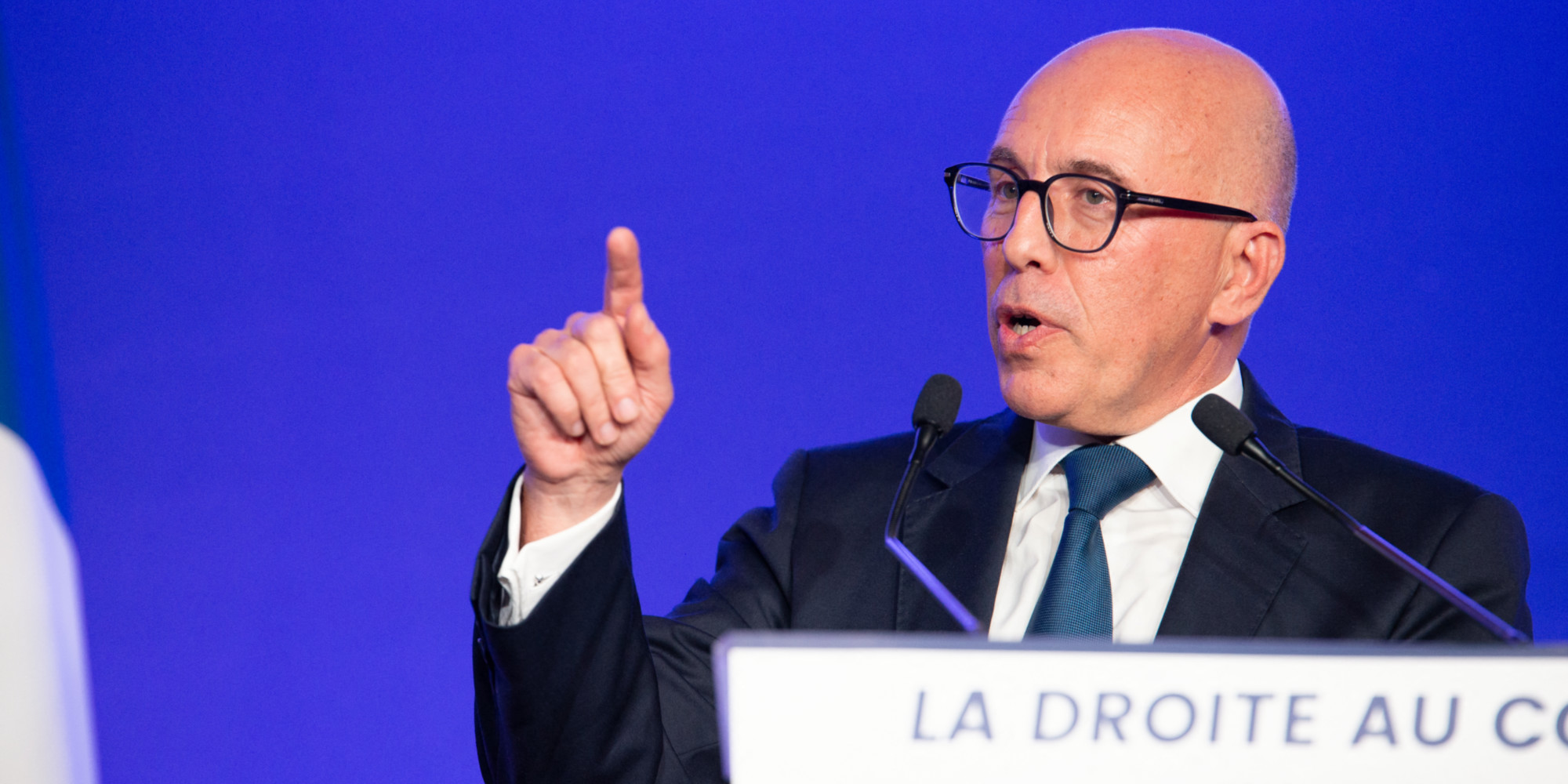Alexandre Chauveau 9:58 a.m., December 19, 2022
Éric Ciotti, newly elected leader of the Republicans, is due to meet Prime Minister Élisabeth Borne this Wednesday about the legal retirement age.
The brand new boss of the right must above all agree with his political family, divided on the question of pension reform.
TO ANALYSE
The text of the pension reform will be unveiled on January 10, after a month's postponement.
Officially, the reason given for this postponement is to give the new president of the Republicans, Éric Ciotti, time to tune in on the violins of his party on the subject of reform.
>> READ ALSO -
Pension reform: how is Emmanuel Macron's unexpected decision explained?
A divided group
Éric Ciotti is due to meet the Prime Minister this Wednesday about the retirement age.
The brand new boss of the Republicans must above all agree on his camp.
Indeed, if Republican senators have been pleading for several years for a departure at 64, right-wing deputies are much more divided.
Olivier Marleix, the president of the group, says he is thus in favor of lowering the starting age to 63, but by the end of the five-year term.
This is less than what the executive wants.
>> READ ALSO -
Towards a "de-rightization" of Éric Ciotti, in the name of the survival of the Republicans?
Find a compromise
His voice is isolated because other deputies, like Aurélien Pradié, say they are quite simply opposed to such a reform which they find unfair or by refusal to vote for a new text proposed by the government.
The challenge for Eric Ciotti is therefore to adopt a common position for his party.
He, the liberal who had defended the pension reform at 65 during the last presidential election must now play his role as team leader and try to find a compromise.
>> READ ALSO -
Pension reform: what should we expect from exchanges with the majority?
The objective is also to make the right credible on a reform that it has long defended by accusing the head of state of lacking courage.
Finally, this illustrates the hesitations of a party that navigates between two electorates.
On the one hand, the traditional ones with retirees and CSP+ now gone to Emmanuel Macron, and on the other, a more rural and popular electorate, more hostile to reform.

